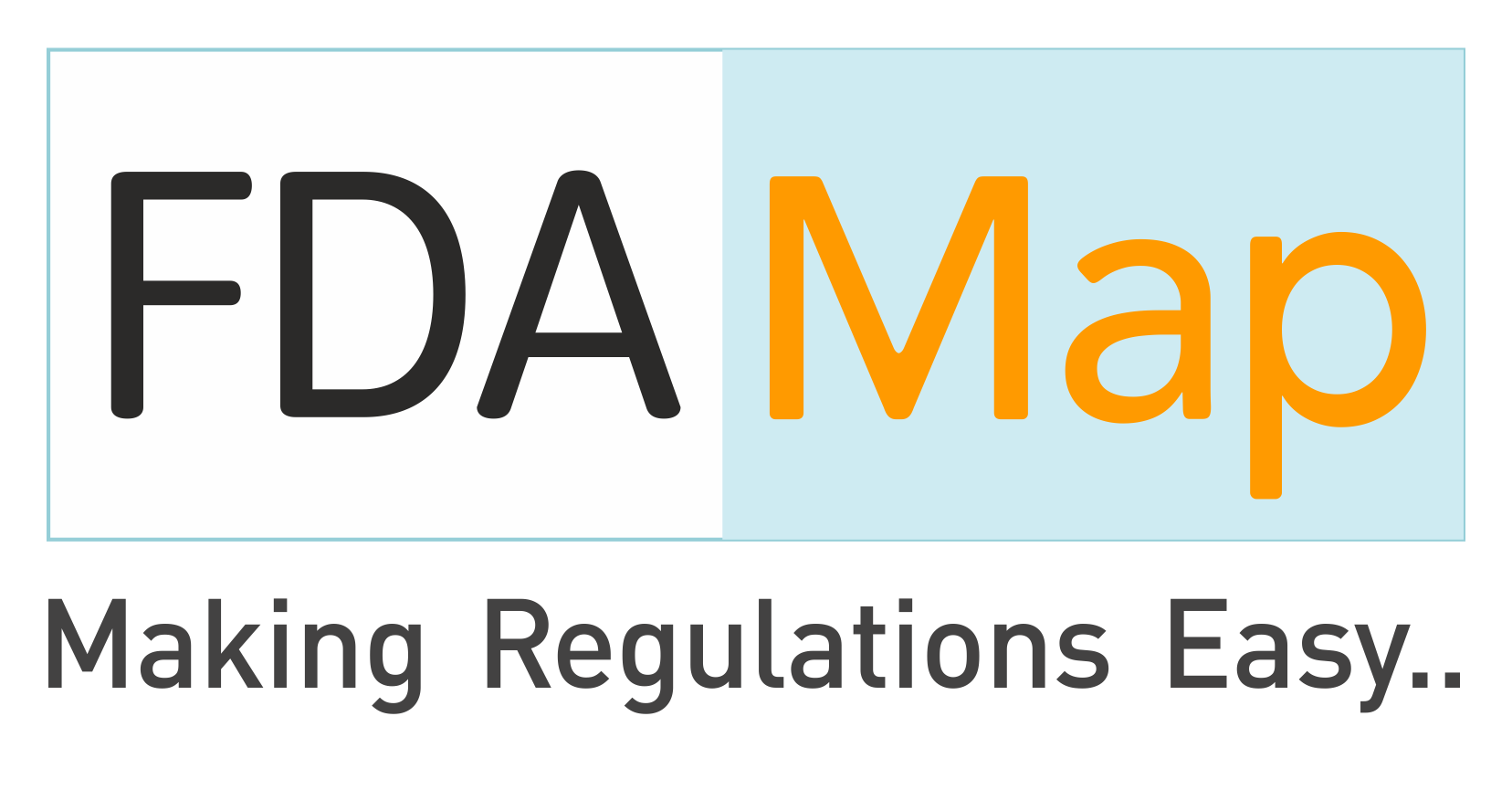Inefficient trial operations can derail months—or even years—of planning and investment. Delays in patient enrollment, inconsistencies in data capture, or lapses in protocol compliance can cost millions of dollars and, more critically, affect patient safety. An organization that specializes in clinical trial operations serves as a linchpin, ensuring that each component of the trial aligns with objectives and regulatory standards.
FDAMap Clinical takes efficiency a step further by focusing on real-world challenges. Rather than offering generic solutions, they tailor their services to an organization’s unique study design, therapeutic area, and operational constraints. This level of customization recognizes that no two trials are the same, whether due to patient population differences, funding limitations, or sponsor expectations.
1. Holistic Planning from Day One
One hallmark of FDAMap Clinical’s approach is their emphasis on thorough up-front planning. This often begins with a feasibility analysis, where the team helps assess whether the intended protocol is both operationally and financially viable. Are the enrollment goals realistic? Are the study timelines conducive to patient retention? How do local regulatory requirements factor into site selection? By asking—and answering—these questions from the earliest stages, FDAMap Clinical aims to preempt common pitfalls that can lead to costly mid-study revisions.
In addition, FDAMap Clinical’s robust Clinical trial planning often incorporates strategies for scaling up if the trial proves more successful than expected, or pivoting if initial assumptions do not hold. This agility is crucial in a marketplace where competition for patient populations is fierce, and sponsor expectations can shift quickly in response to new scientific findings or competitor activities.
2. Site Selection and Patient Recruitment: A Data-Driven Approach
One of the most pervasive challenges in clinical trials is recruiting and retaining the right patient population. FDAMap’s Clinical Trial Operations framework addresses this by integrating data analytics with on-the-ground expertise. They don’t simply list potential sites; they examine historical performance, local healthcare infrastructure, and demographic alignments with the study’s inclusion/exclusion criteria.
By using a data-driven approach to site selection, FDAMap can predict which sites are most likely to meet enrollment goals within specified timelines. This means trials avoid the bottlenecks of underperforming sites while capitalizing on regions or facilities that offer the best patient access. The firm further supports sponsors by offering recruitment and retention strategies, recognizing that getting a patient into a study is only half the battle—keeping them engaged is equally critical for robust, reliable outcomes.
3. Seamless Operational Execution
A key differentiator of FDAMap’s methodology is the seamless handoff from strategic planning to day-to-day execution. The same team that helps formulate a trial’s operational blueprint remains actively involved during the study’s conduct, ensuring consistent application of best practices and immediate troubleshooting of emerging issues. This could include:
- Monitoring Protocol Adherence: FDAMap’s experts frequently conduct risk-based monitoring activities to catch deviations early and ensure data integrity.
- Coordinating Vendor Relationships: From central laboratories to specialty providers, FDAMap helps manage external partnerships, freeing sponsors to focus on core research objectives.
- Maintaining Quality Documentation: A well-run trial demands meticulous record-keeping. FDAMap’s standardized processes ensure that all documentation is audit-ready and meets regulatory expectations.
By centralizing oversight of these critical tasks, FDAMap helps reduce the silos that often plague large and small sponsors alike. The result is a more cohesive, communicative structure that can adapt to real-time findings and regulatory updates without losing momentum.
4. Leveraging Technology for Greater Transparency
In an era where real-time data and virtual platforms are becoming the norm, FDAMap emphasizes the use of technology to enhance visibility across clinical trial operations. From remote monitoring tools that allow sponsors to check site performance in real-time, to electronic Trial Master File (eTMF) systems that streamline documentation, the integration of digital solutions is a game-changer.
FDAMap’s technology ecosystem often includes user-friendly dashboards that give stakeholders at-a-glance insights into enrollment metrics, site compliance, and data quality markers. This transparency shortens response times and ensures that any red flags are addressed promptly, reducing the likelihood of major disruptions or findings during regulatory inspections.
5. Addressing Global Regulatory Variability
While the focus is on optimizing clinical trial operations, FDAMap also recognizes that these studies don’t occur in a vacuum. Many sponsors run global or multi-regional trials, each with its own layers of regulatory oversight. FDAMap works closely with local experts to harmonize operational processes across borders, ensuring that universal best practices are upheld while respecting local guidelines.
This global perspective is particularly valuable for sponsors with limited international experience. By leaning on FDAMap’s established global network and local insights, organizations can confidently plan trials that cross regulatory jurisdictions without sacrificing the speed and quality of execution.
6. Continuous Improvement: Lessons Learned and Best Practices
A critical component of FDAMap’s philosophy is the belief that every trial offers learning opportunities. Throughout a study, they collect and analyze operational metrics—everything from enrollment rates and participant retention to site satisfaction and the efficacy of data monitoring processes. By rigorously evaluating these metrics, FDAMap refines its approach, offering sponsors post-trial debriefs that highlight successes and identify areas for improvement.
This commitment to continuous improvement ensures that the lessons gleaned from one trial feed into the next, creating a virtuous cycle of operational excellence. Over time, sponsors can build an organizational memory of best practices, effectively streamlining future studies.
Conclusion
FDAMap’s Clinical Trial Operations service is more than just a toolbox of strategies; it’s an integrated framework designed to help sponsors navigate the complexities of clinical research with agility and confidence. From meticulous upfront planning and evidence-based site selection to seamless day-to-day execution and data-driven post-trial analyses, FDAMap offers a 360-degree approach to maximizing operational efficiency. By partnering with a team that understands the unique challenges of the clinical trial landscape, organizations can reduce costly delays, maintain regulatory compliance, and deliver life-changing therapies to patients faster.
